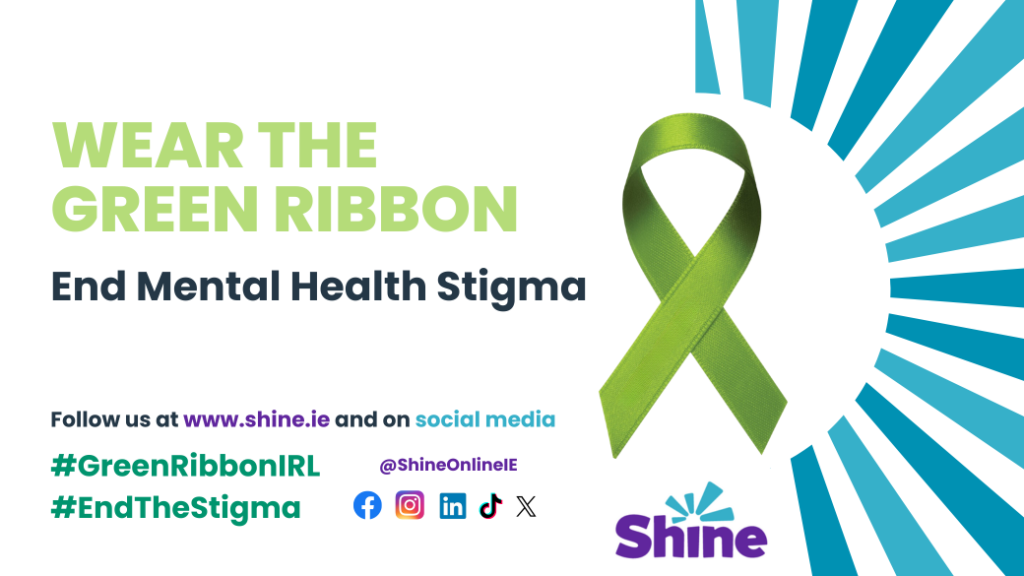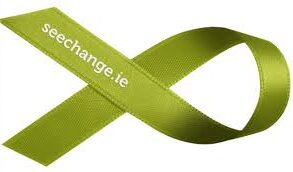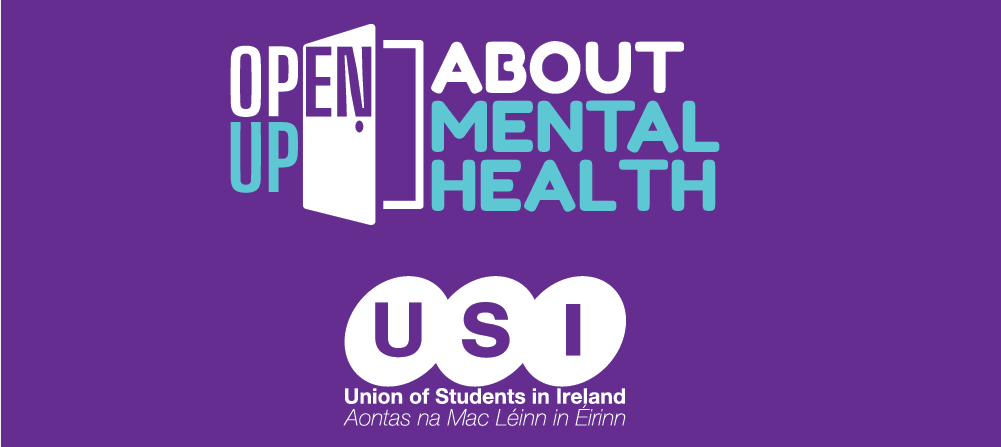September in Ireland sees the return of the annual Green Ribbon Campaign run by Shine. This is a campaign that aims to combat and reduce stigma around mental health, and is a campaign that USI are proud to be part of again this year.

Is mental health stigma still a problem?
Absolutely – a study from as recently as last year showed 50% of the survey respondents did not want to engage with treatment because of it and 13% said they wouldn’t tell anyone at all if they were struggling with their mental health.
From the 2019 USI student mental health report we know that students have high levels of distress, are aware themselves that they are struggling, but have never sought help of any kind. For example, 39.5% of respondents who had not sought any help on or off campus for their mental health had severe to extremely severe anxiety levels.
But 69% of respondents from the first study also said they believe that people who use mental health services often fully recover – so what does that mean?
That means that people believe mental health treatment works but would be too afraid because of stigma to get help if it was them struggling. People would rather suffer in awful silence for fear of people judging them.

Is that fear justified?
Somewhat – we are better but 23% of people said they know of or have been stigmatised themselves
However, for students, a big issue is self-stigma – having negative feelings such as internal shame for having mental health struggles yourself – you nearly wouldn’t judge a friend or classmate as badly as you judge yourself for having the same struggles.
You don’t need a diagnosable mental illness to get help for your mental health – you can get help through hard times in your life or dealing with issues from your past too. For students, free, confidential, on-campus counselling is available throughout the year. Your Students’ Union Welfare Officer can help find you other sources of help if you need it to (or check out this link for a list of resources).

The thing about a lot of mental health struggles is that because it happens inside your mind, there are often no physical symptoms. So it can be easy to tell yourself that it’s not real. Our brains can also lie to us, and tell us things that aren’t true, like how we don’t matter, or don’t deserve help. It can also feel like it will never end. But mental health struggles are just as real and impactful as physical health problems. The things our brains tell us are not always true. And it will end – and it will likely end sooner if you talk about it. Clichés are cheesy, but they stick around for a reason – there’s a kernel of truth in them. The phrase ‘a problem shared is a problem halved’ is a cheesy cliché, but if you talk about a mental health problem, some surprising things could happen:
- You might learn you’re not alone in how you’re feeling (this is a scientific fact because 1 in 4 of us will have a mental health struggle at some point in our lives)
- You might find that once you say things out loud, the caring reaction you get from the people you tell will counter the lies your brain has been telling you
- You might find that people like lecturers and other college staff can work with you to help reduce any pressure you’re feeling
- You might find that with support, it is possible to feel better and get better
- You might find that people don’t love you any less, and in fact, some people might even admire your bravery in talking about what you’ve been going through
It’s ok to be not ok – it’s not ok to continue to be no ok alone. It’s ok to ask for help – please keep asking for help until you find a type that helps you. You are too important to suffer on your own.

Recent Comments